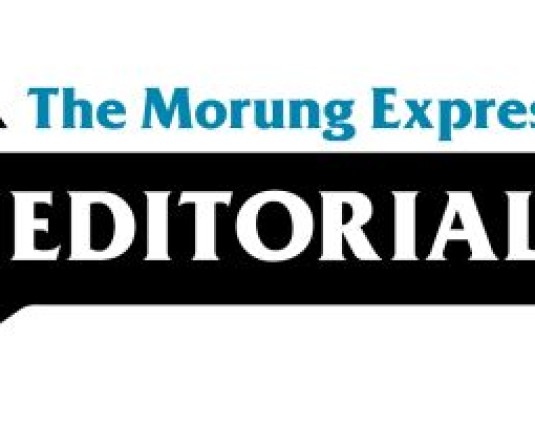
The conceptual framework and ideology of the modern State that emerged through the Treaty of Westphalia had a profound effect on education, its institutions and systems, which in turn influenced the dynamics of the social, political and economic spheres of a given society. Education is neither a value-free activity nor a value-free process. It is value laden and stands to shape human behavior, human responses to the world and determines the societal discourses towards an intended direction. It is therefore no wonder that colonial powers in their pursuit for power and expansionism imposed their own colonial forms of education and institutions as tools of oppression and subjugation from which one time colonized nations continue to suffer today.
For the most part, education as it is today in the ‘South’ continues to be a central means through which the State and the ‘powers that be’ pursue their agenda of maintaining the status quo. Formal Education in the ‘South’ contributes little overall to societal development although it has raised levels of competitiveness amongst students. One of the fundamental reasons is that education is broadly determined by government which is deeply influenced by big business who set the policies and guidelines. Both governments and the multinational corporates expect schools to produce hard working technocrats and bureaucrats who should be creative, but at the same time obedient to those in power.
Generally, education becomes a tool for those in power and authority. This is even more apparent is areas where there is conflict between the State and People which is reflected in how the course of public policies are altered by power relations. After the end of the Cold War, larger companies now have greater interests at stake in defining patterns of human behavior, responses and skills. Hence, in spite of all the progress the modern world has contributed to humanity, it has been at the expense of values and principles fundamental to human existence. This cleavage has largely been a consequence of the fact that the modern world negated the existence of Indigenous Peoples, their values, their knowledge system and their worldview which are based on a complex web of balanced interdependence.
Truly one needs to reflect whether what one calls modern is essentially modern, or whether it remains predominantly globalism of westernization. Indeed, the modern world has also strayed far from Aristotle’s philosophy that the pursuit of knowledge is realized through praxis of acquiring and upholding – always in the order of – Truth, Morality and Technique. Yet the modern world no longer relates to truth – because the modern world of individualism is based on the philosophy of ‘every man, woman and child for itself’ more than truth itself. This context no longer upholds morality or ethics because the space for morals has shrunk. Now, the modern world is only concerned in thriving upon skills, technique and technology which ironically creates more social isolation as human interaction is minimized to online encounters.
At the core of all historical processes, education and educational institutions have been primary movers in shaping the discourse of human relations and the relationship between Sates, which in turn has reshaped the educational discourse. It has been a medium of both oppression and liberation; more so of oppression because of the close relationship between educational institutions and the ‘powers that be.’ Recognizing the existence of this internal contradiction and power politics is essential in understanding the role of education in societal transformation.






